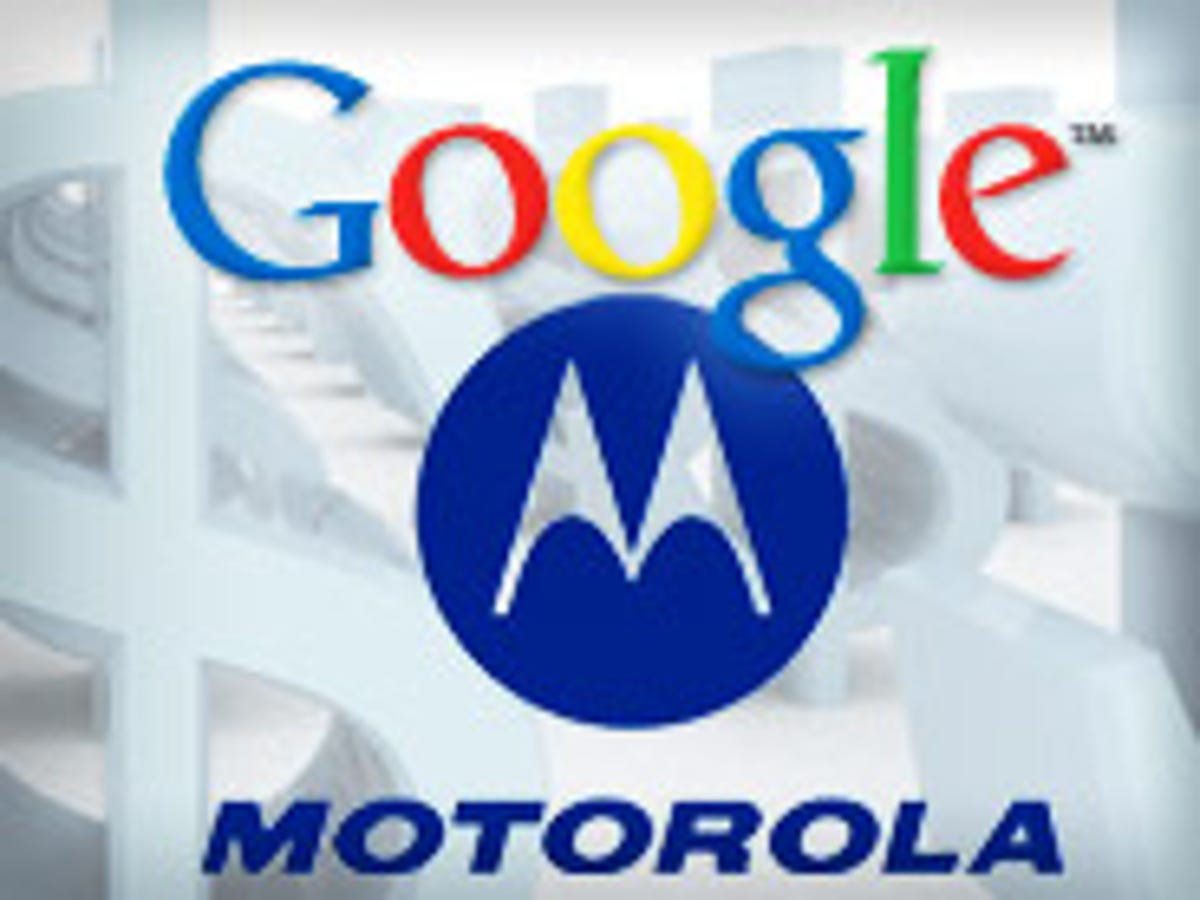
Question: What is Google getting with its planned $12.5 billion acquisition of Motorola Mobility?
Answer: the only major Android handset maker whose share of the smartphone market receded in the second quarter.
At a time when the momentum behind Android is exploding, it’s telling that Motorola was the only major vendor that couldn’t capitalize on the growth. The statistic underscores some of the recent problems that the handset manufacturer has faced, which Google will be inheriting when the deal closes by year’s end or early 2012.
After coming back from the brink of bankruptcy and splitting from Motorola Solutions at the beginning of the year, the company has faced a myriad of problems. Beyond the loss of market share, Motorola has suffered from high-profile product delays, including its first 4G LTE phone from Verizon. Pricing miscalculations led to the lackluster debut of its Xoom tablet, as well as the Atrix 4G smartphone, which came with a pricey laptop dock accessory.
Certainly, Google’s acquisition of Motorola is largely about its portfolio of 17,000 patents (with 7,500 more pending). But even if Google plans to run Motorola as a separate unit, there are bound to be issues that Google will need to deal with.
For instance, Motorola’s share of the smartphone market in the second quarter fell to 4.1 percent from 4.9 percent, according to a recent study by Gartner. At the same time, Samsung Electronics’ share nearly quadrupled to 15.8 percent, while LG Electronics’ share similarly quadrupled to 4.6 percent. HTC saw its share slightly increase to 10.2 percent.
Slow-moving in 4G LTE market
One of the primary reasons for Motorola’s recent struggles has been its failure to capitalize on the white-hot 4G LTE market. The company’s Droid Bionic was among the lineup of 4G LTE devices on display at the Consumer Electronics Show in January, but it’s the only one that’s failed to materialize. Likewise, the 4G LTE capability for the Xoom, also hyped in January, won’t come out until September.
Motorola Chief Executive Sanjay Jha recently told CNET that he expects the Droid Bionic to launch in September.
Related stories:
Google’s $12.5B hookup with Motorola Mobility (roundup)
Google takes bold action to match aspirations
Google just bought itself patent protection
Motorola could help cure ailing Google TV
Google may alienate allies with Motorola deal
In a note issued last month, RBC analyst Mark Sue attributed the delay to the company’s decision to develop its own silicon for its LTE chipsets, putting it behind HTC, Samsung Electronics, and LG Electronics, each of which has a 4G LTE phone at Verizon Wireless.
Motorola has traditionally had a strong relationship with Verizon, but likely squandered some goodwill when it delayed the release of the product. Meanwhile, Verizon sold 260,000 units of the HTC Thunderbolt in its first two weeks of availability, and also began pushing the Samsung Charge.
Pricey products
Motorola attempted to sell another 4G smartphone, only at AT&T. But its first attempt to make a flagship phone for the Dallas telecommunications giant yielded mixed results. The phone, the Atrix 4G, had a unique laptop dock that piqued some customers’ interest. But the high price tag ($199 for the phone and another $499 for the dock, or $599 bundled together) turned people away.
The company made the same mistake with the Xoom tablet, pricing its initial model at $799 at Verizon Wireless and selling a $599 Wi-Fi only version. Apple, meanwhile, offers a $499 price point for the iPad 2, though it is packed with less memory.
Jha acknowledged the pricing issues, and said that sales picked up after Motorola cut the price of the Xoom.
The pricing issue will be even more of a question at Google, which isn’t used to charging for any of its services. Despite treating Motorola as a separate unit, there are bound to be culture clashes between the Silicon Valley crowd at Google and the Libertyville, Ill.-based Motorola.
Still bullish
Google and Motorola put on their best faces today with the announcement.
“We’re really excited about this whole business and working with Motorola and their team,” Google Chief Executive Larry Page said today on a conference call. “There’s tremendous opportunity here.”
Jha said on the call that the company will continue to use its strong relationships with its carriers to drive sales. During the last quarterly conference call, Jha added that despite a weak forecast for the third quarter, the fourth-quarter results should pop as a result of a number of new product launches.
Motorola is expected to benefit from working even more closely with Google. Analysts say the company will likely get access to the latest features from Android, giving it a leg up on the competition. Such an advantage, however, may alienate some of Google’s other allies in the Android world.
In the end, Motorola’s issues may not be a huge priority for Google.
“It’s about the patents,” said Avian Securities analyst Matthew Thornton. “Operations are house money.”



